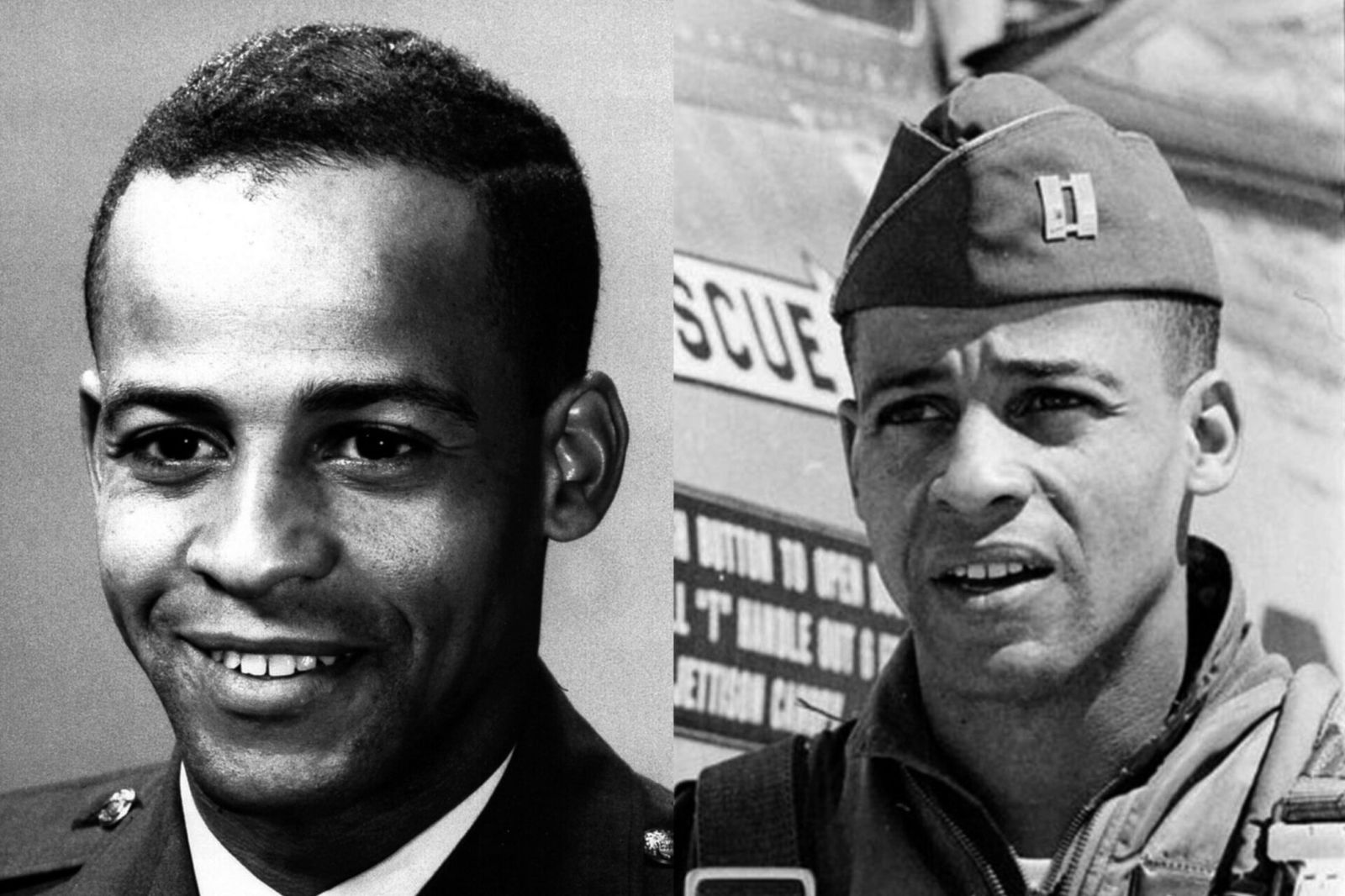
February 13, 2024
‘The Space Race’ Documentary Spotlights First Pioneer Of Black NASA Astronauts
The lesser-known story of Ed Dwight, who would've been the world's first Black astronaut, is being spotlighted in a new documentary, 'The Space Race.'
Ed Dwight, the first man to make history for Black astronauts in NASA, is finally receiving his due in the spotlight. His story is being shared in a new National Geographic documentary called The Space Race.
Born in Kansas in the 1930s, Dwight had a passion for aviation starting at a young age. He noted the freedom that being in the sky granted him, a rare feeling for a Black person during that time.
“My first flight was the most exhilarating thing in the world,” shared Dwight, now 90, with NBC News. “There were no streets or stop signs up there. You were free as a bird.”
His dreams seemed impossible until the Black pilots in the Korean War made Dwight realize the career was up for grabs through the Air Force. His matriculation led to him joining the test pilot program at Edwards Air Force base, a move championed by President John F. Kennedy. However, Kennedy’s assassination led to further discrimination within the program, dashing Dwight’s dream to become the first Black astronaut.
“They were all instructed to give me the cold shoulder,” Dwight says. “Yeager [air force officer] had a meeting with the students and the staff in the auditorium and announced it — that Washington was trying to shove this N-word down our throats.”
Dwight’s dismissal from the program left diversity for NASA in limbo, with the first Black man to reach space not occurring until Guion Bluford in 1983, 20 years after Dwight left NASA.
The Space Race aims to reinstate Dwight’s role in the history of Black astronauts and NASA, focusing not only on those who finally made it up to the stars, but also pioneers like Dwight who faced the brunt of discrimination to get them there.
Bernard Harris, one of the first Black astronauts, shared what Dwight’s presence in space would have done for humanity and the fight for civil rights.
“Space really allows us to realize the hope that’s within all of us as human beings,” explained Harris. “So to see a Black man in space during that period in time, it would have changed things.”
Although his path was different from his successors’, Dwight is a critical part of Black history, for his determination to chase his dreams despite the obstacles he faced.
“Ed is so important for everyone who’s followed after, to recognize and embrace the shoulders they stand on,” expressed Lisa Cortés, co-director of The Space Race. “There’s the history we know and the history that’s not had the opportunity to be highlighted.”
The Space Race premieres Feb. 12 on National Geographic, with streaming the following day on Disney+ and Hulu.
RELATED CONTENT: NASA Space Tech Catalyst Prize: Recognizing Diversity In Space Technology Innovation